People
People List
-
 Ava E. Pierce, MD
Ava E. Pierce, MDSecretary-Treasurer
UT Southwestern Medical Center
Dr. Pierce is a professor in the Department of Emergency Medicine at UT Southwestern Medical Center, where she serves as associate vice chair of outreach and engagement and co-director of the Joint Admission Medical Program.
She earned her medical degree from Louisiana State University School of Medicine at Shreveport and completed her emergency medicine residency at Emory University School of Medicine. She also completed the Medical Education Research Certificate Program and the AAMC Healthcare Executive Diversity and Inclusion Certificate Program.
Dr. Pierce’s research focuses on medical education, health equity, and cardiac resuscitation. She is committed to implementing innovative changes that enhance excellence in health care and strengthen a diverse workforce dedicated to providing high-quality medical care.
She has been an active leader within the Society for Academic Emergency Medicine (SAEM), particularly in the Academy for Diversity and Inclusion in Emergency Medicine (ADIEM), where she has served as development officer and president. In recognition of her impact on student and resident academic success, ADIEM awarded her the 2016 Outstanding Academician Award. She has also served on SAEM’s Membership Committee, Ethics Committee, Equity and Inclusion Committee, and as an elected member-at-large on the SAEM Board of Directors.
Dr. Pierce is also a member of the National Medical Association and the AAMC Group on Diversity and Inclusion, as well as a fellow of the American College of Emergency Physicians. In 2022, she was appointed as holder of the Michael P. Wainscott, MD, Professorship in Emergency Medicine.
-
 Jody A. Vogel, MD, MSc, MSW
Jody A. Vogel, MD, MSc, MSWPresident-Elect
Stanford University
Dr. Vogel is an associate professor and the inaugural vice chair for academic affairs in the Department of Emergency Medicine at Stanford University.
She earned a Master of Social Work from the University of Michigan and a Doctor of Medicine from Wayne State University School of Medicine. She completed her emergency medicine residency and a clinical research fellowship at Denver Health Medical Center and the University of Colorado Department of Emergency Medicine. In addition, Dr. Vogel earned a Master of Science in Epidemiology from the Colorado School of Public Health in 2013.
Dr. Vogel is an active leader in the Society for Academic Emergency Medicine (SAEM), having previously served as secretary-treasurer, member-at-large, and resident member on the SAEM Board of Directors. She has dedicated more than a decade to SAEM’s Program Committee, including serving as chair for the 2019 and 2020 annual meetings. She has also contributed to numerous SAEM committees, academies, and task forces, leading national initiatives and strategic planning efforts to advance emergency care research, education, and professional development.
As a dedicated health services researcher, Dr. Vogel focuses on improving emergency care. She has authored numerous publications and has received research support from the National Institutes of Health and the Agency for Healthcare Research and Quality. She also serves on the editorial board of Academic Emergency Medicine.
Dr. Vogel’s contributions to emergency medicine have been recognized with multiple academic awards for leadership and research excellence.
-
 Michelle D. Lall, MD, MHS
Michelle D. Lall, MD, MHSPresident
Emory University School of Medicine
Dr. Lall, a board-certified emergency medicine physician, is a professor at Emory University, where she has been on faculty since 2013. She served as associate residency director for seven years and currently holds the position of inaugural vice chair of diversity, equity, and inclusion for Emory Emergency Medicine. Dr. Lall previously served as the inaugural director of wellbeing, equity, diversity, and inclusion, and as the medical education fellowship director.
Before joining Emory, Dr. Lall was an assistant professor at Wayne State University, starting in 2008. There, she also served as assistant residency director at the Sinai-Grace/Wayne State University Emergency Medicine Residency Program and as the medical student clerkship site director at Sinai-Grace/Wayne State University beginning in 2009. Dr. Lall earned her medical degree from Wayne State University School of Medicine and completed both her residency and chief residency at Emory University.
Dr. Lall is passionate about medical education and focuses on physician wellbeing, as well as the negative impact of bias on equity and inclusion in medicine. She is particularly interested in gender differences in burnout and workplace mistreatment among emergency physicians. She serves as the inaugural chair of the All-Emergency Medicine Diversity, Equity, and Inclusion Task Force, a national workgroup addressing bias and disparities in academic emergency medicine.
Dr. Lall is a fellow of the American College of Emergency Physicians and is a member of several professional organizations, including the Society for Academic Emergency Medicine (SAEM), where she continues to serve on the executive committee of the board of directors, the Academy for Women in Academic Emergency Medicine (AWAEM), where she is a past president, the American Association of Women Emergency Physicians, and the Georgia College of Emergency Physicians. She is also a member of the Delta Omega Honor Society.
Throughout her career, Dr. Lall has received multiple honors, including being named faculty teacher of the year twice at Sinai-Grace/Wayne State University and faculty advocate of the year twice at Emory University. In 2020, she was recognized as one of the Emergency Medicine Residents’ Association 25 Under 45 Influencers in Emergency Medicine. Dr. Lall has also received the AWAEM Momentum Award and Mid-Career Award. In 2023, she was selected for the prestigious Hedwig van Ameringen Executive Leadership in Academic Medicine® (ELAM®) program, an intensive one-year fellowship aimed at expanding the national pool of qualified women candidates for leadership in academic medicine.
Dr. Lall is dedicated to caring for underserved populations in safety-net hospitals, educating and training the next generation of emergency physicians, and serving the academic emergency medicine community.
-
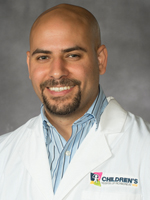 Nayef Chahin, MD
Nayef Chahin, MDAssociate Program Director, Intern Recruitment
Children's Hospital of Richmond at VCU
Nayef Chahin, MD, is a member of the American Academy of Pediatrics and a fellow of the NBME Strategic Educators Enhancement Fellowship (SEEF) second cohort. He is also an Academic Pediatric Association Research Scholar from cohort six. Dr. Chahin serves as associate program director for intern recruitment in the Pediatric Residency Program and the Neonatal Perinatal Fellowship. He has served as the Richmond delegate for the Virginia AAP Chapter and currently co-chairs the APA Region IV Planning Committee and is a member of the ONTPD Planning Committee. Clinically, Dr. Chahin is an attending faculty member in the level IV neonatal intensive care unit, the Neonatal Continuing Care Program, the Regional neonatal Follow-up Program, and the CHoR Air and Ground NICU Transport Team. He leads the CHoR NICU Unplanned Extubation Committee.
-
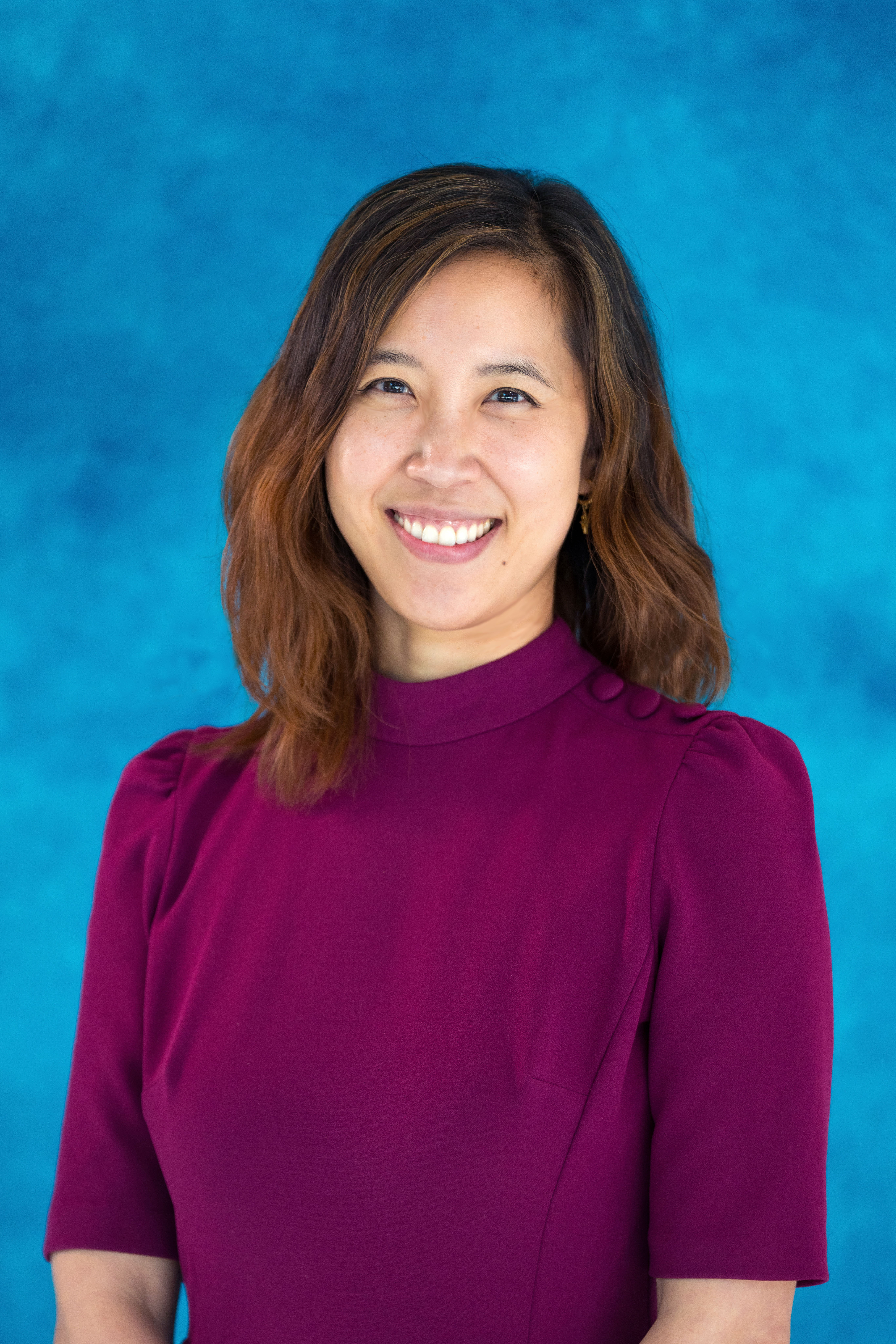 Candace Pau, MD
Candace Pau, MDFamily Physician
Kaiser Permanente Bernard J. Tyson School of Medicine
Candace Pau, MD, is a family physician and the founding Faculty Director of Simulation at the Kaiser Permanente Bernard J. Tyson School of Medicine, where she is responsible for the development and implementation of a robust, innovative simulation-based curriculum, encompassing simulation activities for both instruction and assessment at the undergraduate medical education level. Her research interests include competency-based medical education, simulation-based assessment, clinical reasoning, and the transition to residency. She has extensive direct teaching and curricular design experience, including the use of flipped classrooms, experiential learning, and serious games. Dr. Pau received her medical degree from Stanford University School of Medicine and completed her residency training at the Kaiser Permanente Napa-Solano Family Medicine Residency Program.
-
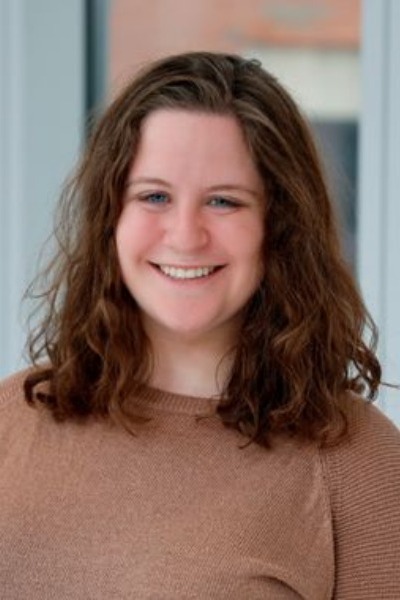 Alyssa Tyransky, MTDA
Alyssa Tyransky, MTDAThe Ohio State University
Alyssa Tyransky, MTDA, has been with emergency medicine since age 18 and hasn’t looked back! Throughout her time at The Ohio State University, she has been involved in special projects and supportive roles with the residency program, undergraduate medical education, coding and billing, finance, physician productivity and incentive, research, and administration. With her background in multiple missions throughout the department and data analytics, she has been answering and acting as point for Ohio State’s benchmark surveys with Association of Academic Chairs of Emergency Medicine/Academy of Administrators in Academic Emergency Medicine (AACEM/AAAEM) since 2017. In 2022, she became the manager of the benchmark survey and data analytics. Her main roles as the manager have been overseeing the survey answers from institutions across the country, data cleaning and preparation for the retreat presentations, teaching and guiding AACEM and AAAEM members on the benchmark insights portal, and any ad hoc requests that come her way. Through her time as data manager, she has gotten to see the surveys grow in depth and complexity, creating two new surveys: the Fellow Salary Survey and the Urgent Care Operations Survey. She has enjoyed seeing how academic emergency medicine is changing and growing, and she is honored to be part of such a wonderful specialty!
-
---sara-engel.png?sfvrsn=469b46ce_4) Sara N. Engel, MBA, CAEMA
Sara N. Engel, MBA, CAEMAMedical College of Wisconsin
Sara N. Engel, MBA, CAEMA, currently serves as the administrator in the Department of Emergency Medicine and as the unit executive administrator of the Departments of Anesthesiology and Emergency Medicine at the Medical College of Wisconsin (MCW). With over seven years at MCW, Sara has held roles of increasing responsibility, demonstrating her dedication and expertise.
In her role as department administrator, Sara has been instrumental in building a robust leadership team, significantly enhancing operations and support across all missions. Her strategic efforts have been pivotal in achieving both MCW’s overarching strategic goals and the specific goals of the department's chair. Under her guidance, the department's operations and financial standing have been notably strengthened, and the administrative team has expanded in both size and expertise.
Sara's leadership journey spans over 12 years in the healthcare sector, with a strong emphasis on team building, engagement, and results-oriented operations leadership. She has been recognized for her steady fiscal management and innovative approaches. An active member of the American Academy of Academic Emergency Medicine (AAAEM) since her start in Emergency Medicine, Sara graduated from the Certified Academic Emergency Medicine Administrator (CAEMA) program in 2024.
Sara's diverse background includes growing up in Egypt and immigrating to the United States during her junior year of high school. She is a native Arabic speaker and attended a French immersion school in Cairo before moving to the U.S. She holds a bachelor's degree from the University of Connecticut and an MBA from Liberty University. Outside of work, Sara enjoys watching basketball with her husband and friends, spending quality time with loved ones, and exploring new cities around the world.
-
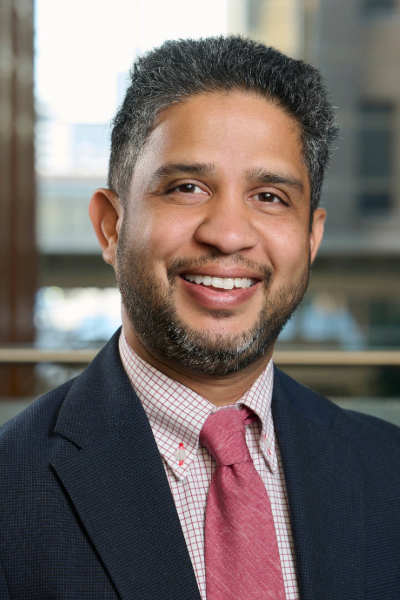 Kashwayne Williams, MBA, MHA
Kashwayne Williams, MBA, MHAWashington University
Kashwayne Williams, MBA, MHA, is the executive director for business affairs and strategic planning in the Department of Emergency Medicine at Washington University (WashU) School of Medicine. With a background in economics, business, and health administration from Georgia State University, he is also a Fellow of the American College of Healthcare Executives.
Williams has extensive experience in academic medicine, previously serving at Morehouse School of Medicine before joining WashU in 2014. Over the years, he has held leadership roles in the Mallinckrodt Institute of Radiology, the Department of Pediatrics, and now Emergency Medicine.
Beyond his professional work, Williams is actively involved in healthcare management education as an adjunct professor at Saint Louis University and serves in leadership roles with the Academy of Administrators in Academic Emergency Medicine. Originally from Jamaica, he enjoys soccer and family life with his wife, Shedeka, and their daughter, Remi.
-
 Cali Myers, MHA
Cali Myers, MHAUniversity of Alabama at Birmingham
Cali Myers, MHA, is a dedicated healthcare executive currently serving as executive administrator for the Department of Emergency Medicine at the University of Alabama at Birmingham. In this role, she oversees a $20+ million annual budget, supports over 60 faculty members, and leads efforts across financial, operational, and human resources functions. She also serves her institution as a member of both the Health System Financial Stewardship Committee and the Provider Practice Optimization Committee. She joined the Academy of Administrators in Academic Emergency Medicine (AAAEM) in August 2021 as an associate member, at the time serving as the associate administrator in her department. She became the interim executive administrator in June 2023 and took on the permanent role in March 2024, at which time she became an active member of AAAEM.
She has served on the Strategic Planning Committee, Membership Committee, and Education and Professional Development Committee. Most notably, she has served on the Communications Committee, becoming Chair for the committee in the 2022 and continuing to serve in this capacity to this day. Cali also participated in the Member Insider Program as a mentee in its inaugural year, and is currently enrolled as a Certificate in Academic Emergency Medicine Administration (CAEMA) participant. Finally, she was recently elected to serve on the Executive Committee as a member-at-large for the 2024-2025 year.
Outside of her professional life, she contributes to community service through the Junior League of Birmingham, currently serving as the assistant chair of the Grace Klein Community Food Rescue and Delivery Committee. She also serves as a foster for Kitty Kat Haven and Rescue.
-
 Rmaah Memon, MD
Rmaah Memon, MDFellow 2024-2026
University of Pennsylvania Health System
Rmaah Memon obtained both her undergraduate and medical degree through the Six-Year BA/MD Program at the University of Missouri-Kansas City and is a PGY-4 at the Harvard Affiliated Emergency Medicine Residency Program at MGH/BWH. Her interests include emergency medicine capacity building and curriculum development in low- and middle-income countries, and she has worked on capacity building projects in Pakistan and Iraq during residency. Her prior work has also focused on improving access to refugee care through the implementation of health screening fairs. She has an interest in digital education and telehealth, and is currently leading a telemedicine initiative in Pakistan, primarily aiming to connect physicians in larger urban areas in Pakistan to patients who live in more rural areas.
-
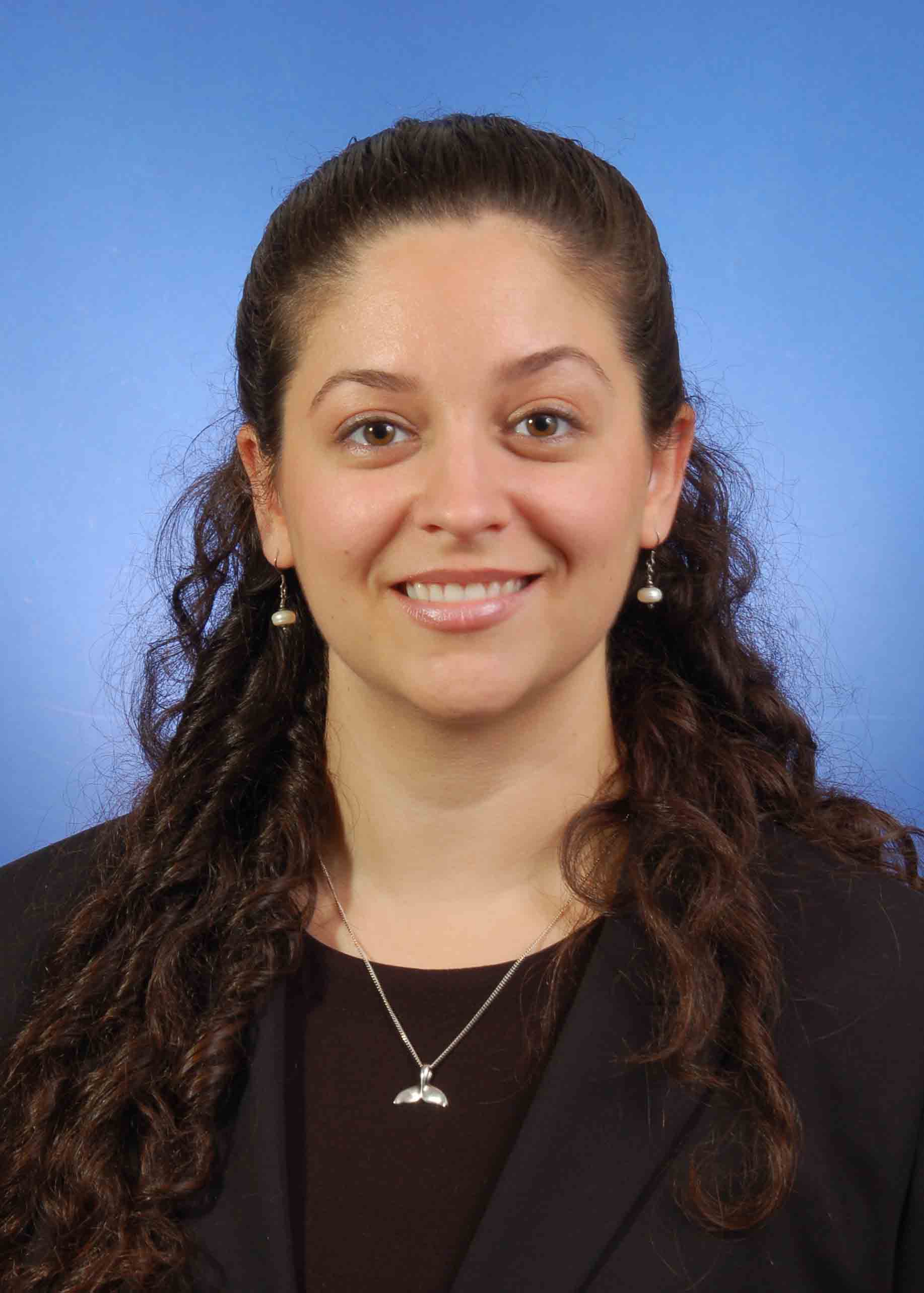
Fellow 2025-2027
Dr. Julia Schiff is originally from Atlanta, GA. She studied Anthropology/Dance at Tufts University followed by an MD/MPH in Global Health at Emory University. She completed Internal Medicine residency at Emory before coming to Penn for Emergency Medicine residency. In addition to joining Penn as a Global Health Fellow 2025, she is a current Master's in Medical Education candidate at Penn. Some of her interests include social and global education systems development, complex climate and humanitarian emergencies, and providing integrated culturally competent care. Outside of work, she enjoys spending time with family, traveling, exploring fun food and activities, animals and whale watching.
-
Julia Schiff
Fellow 2025-2027
UPenn Global EM Fellowship
Dr. Julia Schiff is originally from Atlanta, GA. She studied Anthropology/Dance at Tufts University followed by an MD/MPH in Global Health at Emory University. She completed Internal Medicine residency at Emory before coming to Penn for Emergency Medicine residency. In addition to joining Penn as a Global Health Fellow 2025, she is a current Master's in Medical Education candidate at Penn. Some of her interests include social and global education systems development, complex climate and humanitarian emergencies, and providing integrated culturally competent care. Outside of work, she enjoys spending time with family, traveling, exploring fun food and activities, animals and whale watching.
-
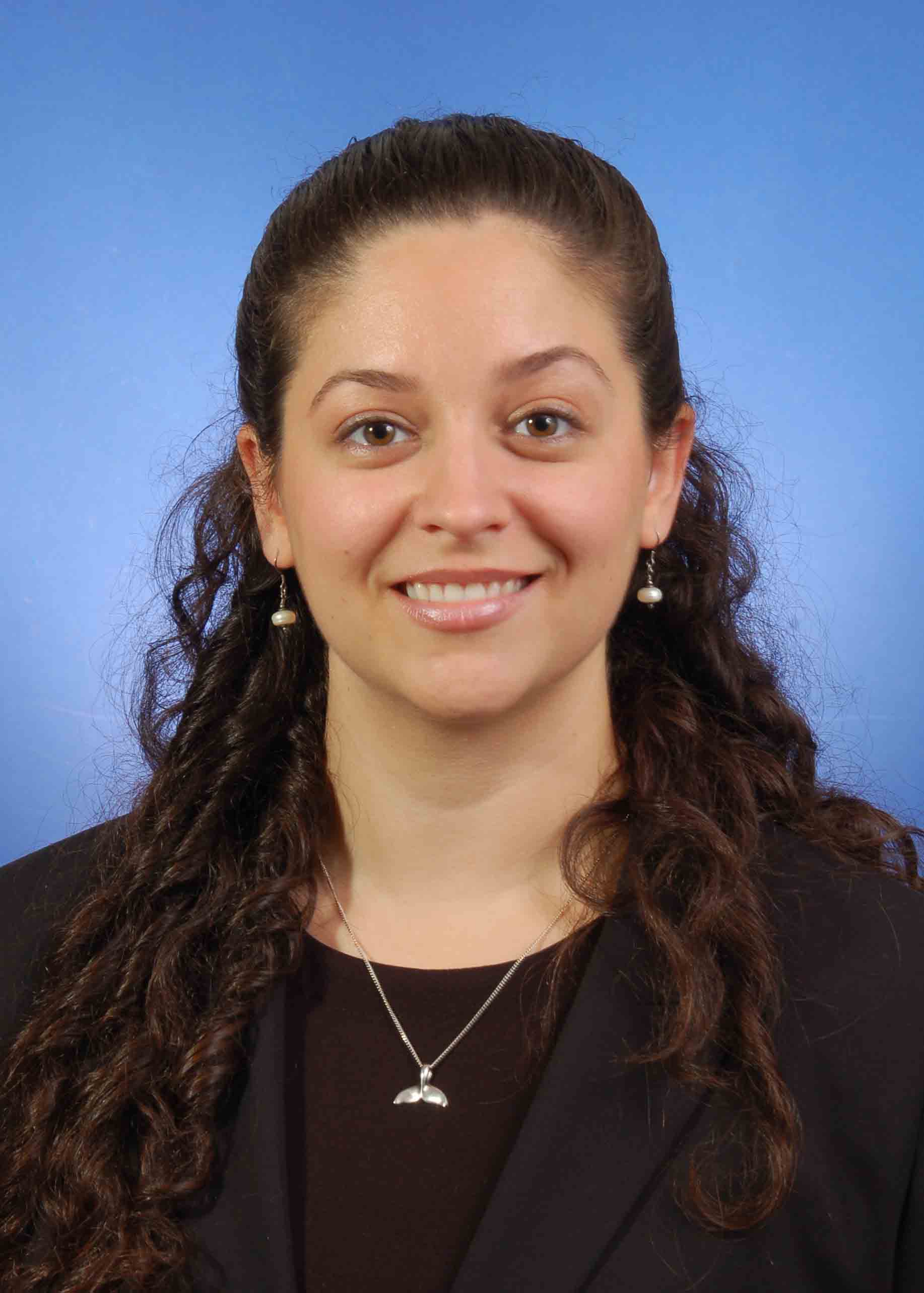 Julia Schiff
Julia SchiffPenn Global EM Fellowship
-
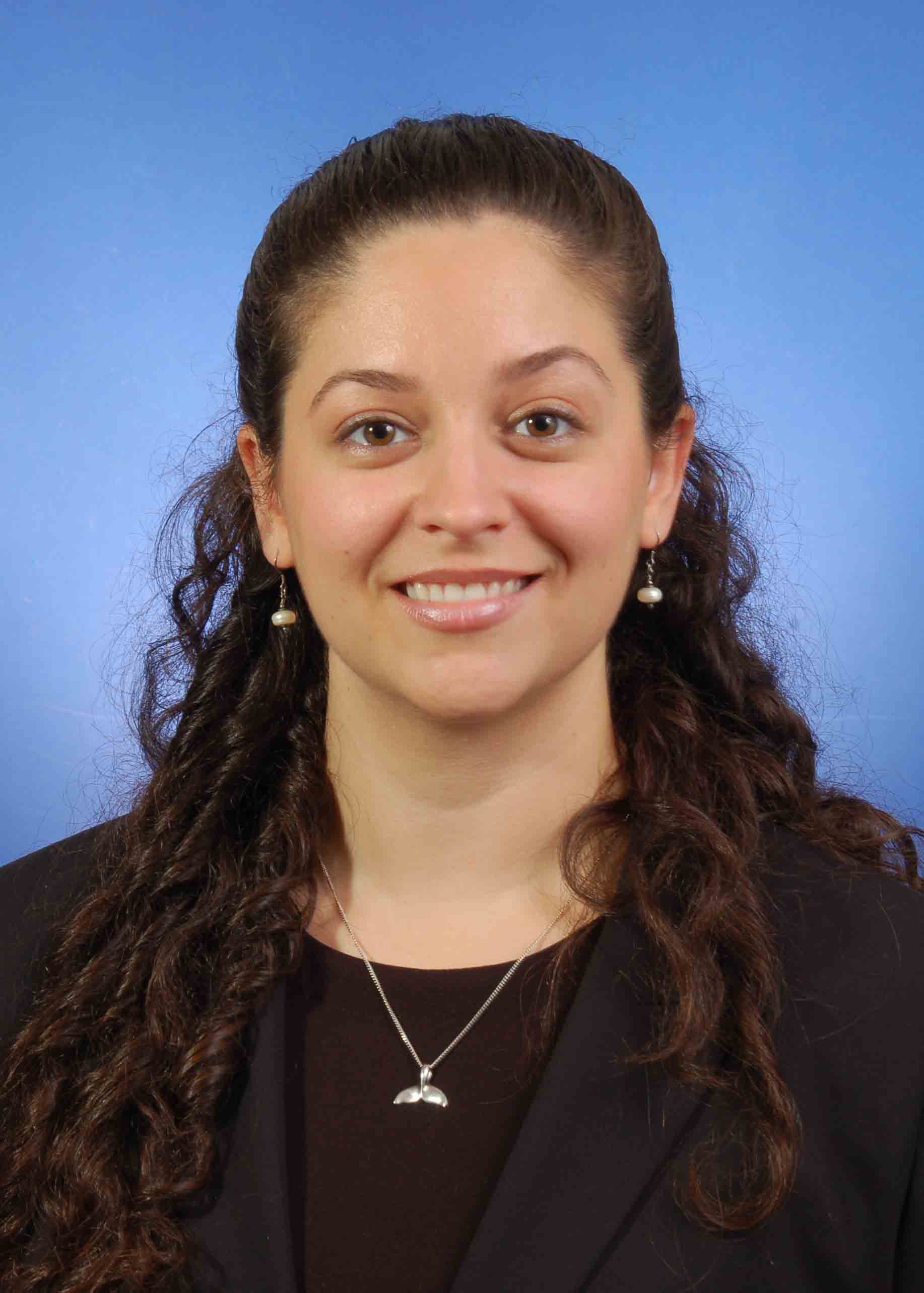 Julia Schiff
Julia SchiffPenn Global EM Fellowship
-
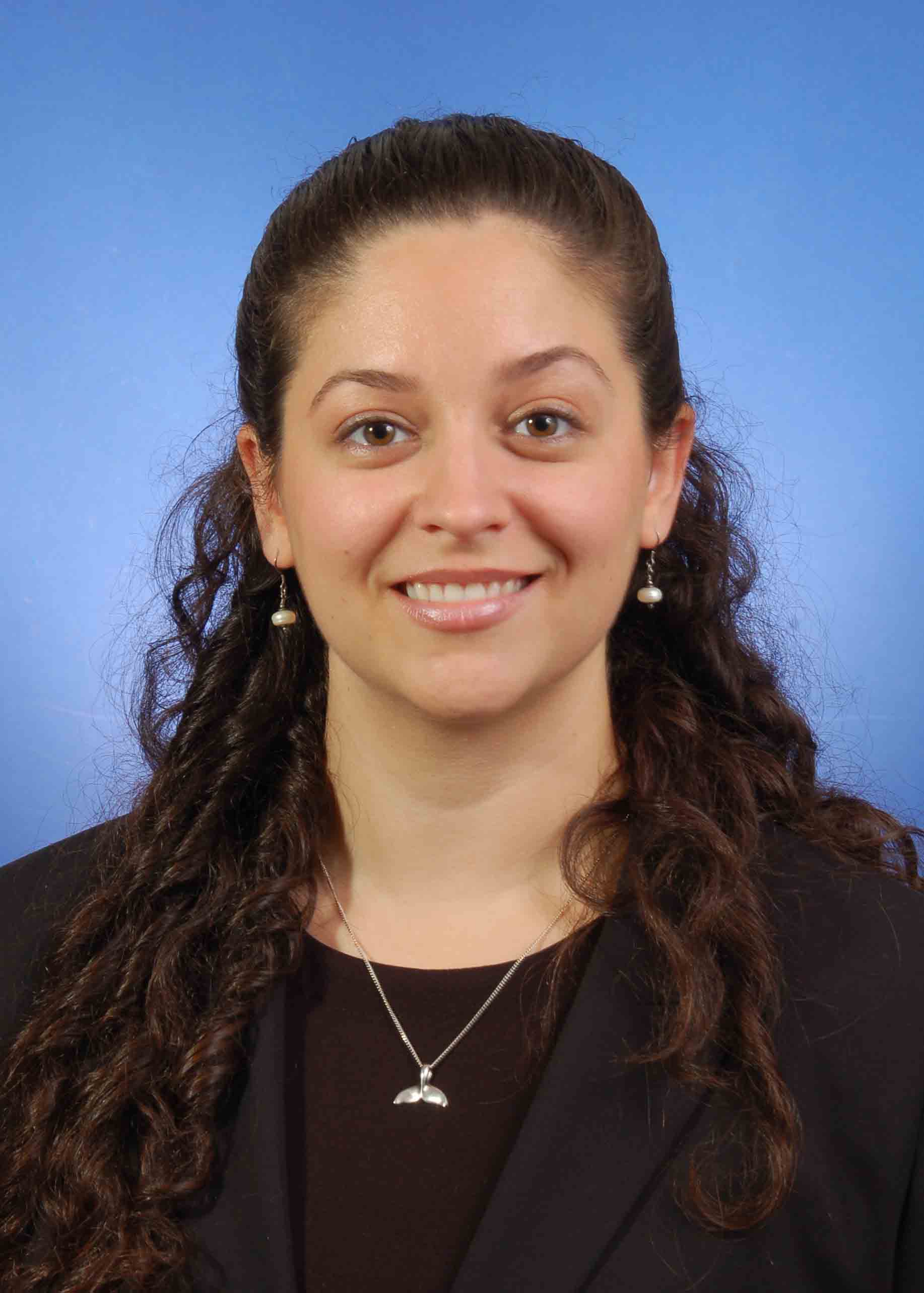 Julia Schiff
Julia SchiffFellow 2025-2027
Dr. Julia Schiff is originally from Atlanta, GA. She studied Anthropology/Dance at Tufts University followed by an MD/MPH in Global Health at Emory University. She completed Internal Medicine residency at Emory before coming to Penn for Emergency Medicine residency. In addition to joining Penn as a Global Health Fellow 2025, she is a current Master's in Medical Education candidate at Penn. Some of her interests include social and global education systems development, complex climate and humanitarian emergencies, and providing integrated culturally competent care. Outside of work, she enjoys spending time with family, traveling, exploring fun food and activities, animals and whale watching.
-
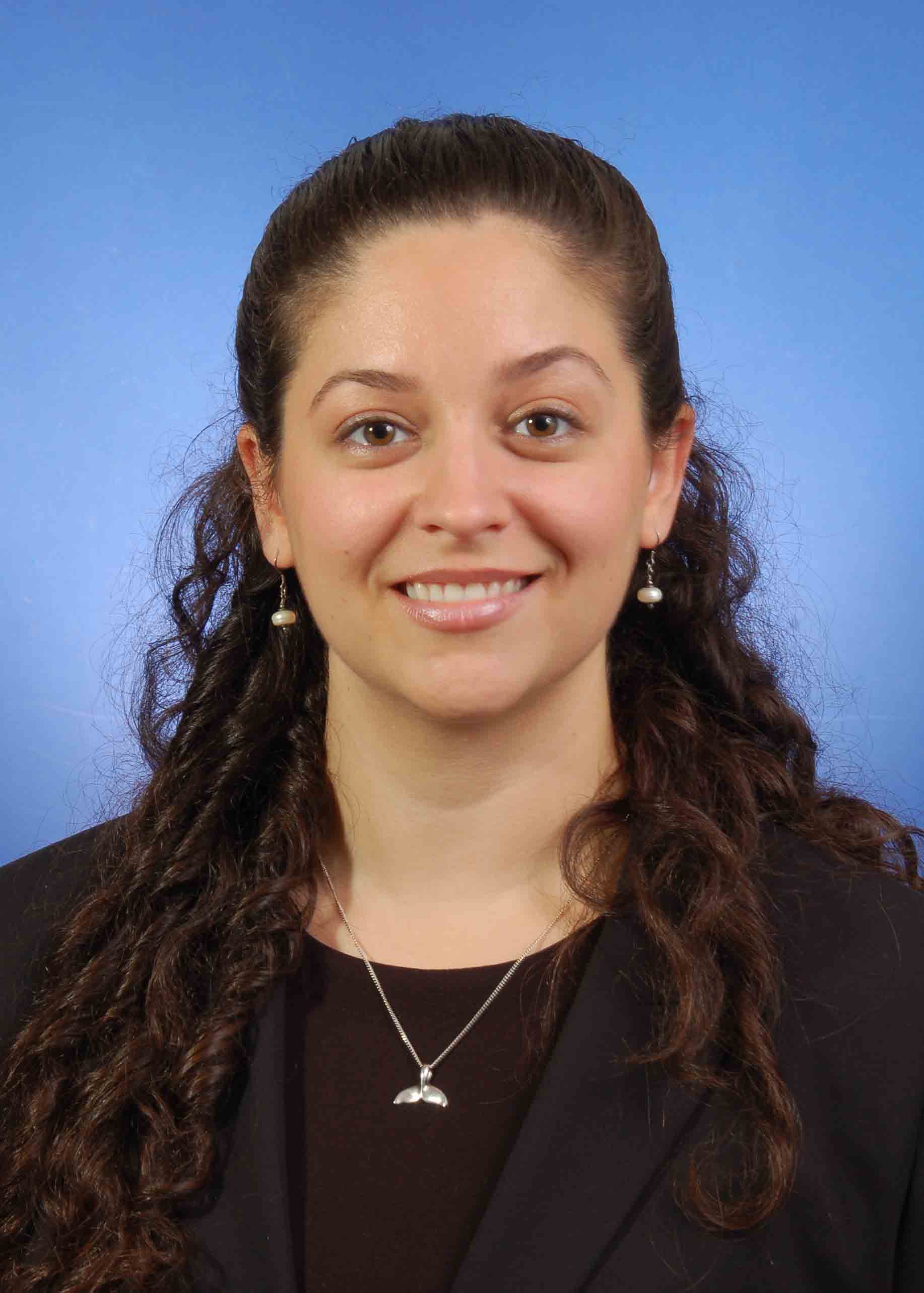 Julia Schiff
Julia SchiffFellow 2025-2027
Penn Global EM Fellowship
Dr. Julia Schiff is originally from Atlanta, GA. She studied Anthropology/Dance at Tufts University followed by an MD/MPH in Global Health at Emory University. She completed Internal Medicine residency at Emory before coming to Penn for Emergency Medicine residency. In addition to joining Penn as a Global Health Fellow 2025, she is a current Master's in Medical Education candidate at Penn. Some of her interests include social and global education systems development, complex climate and humanitarian emergencies, and providing integrated culturally competent care. Outside of work, she enjoys spending time with family, traveling, exploring fun food and activities, animals and whale watching.
-
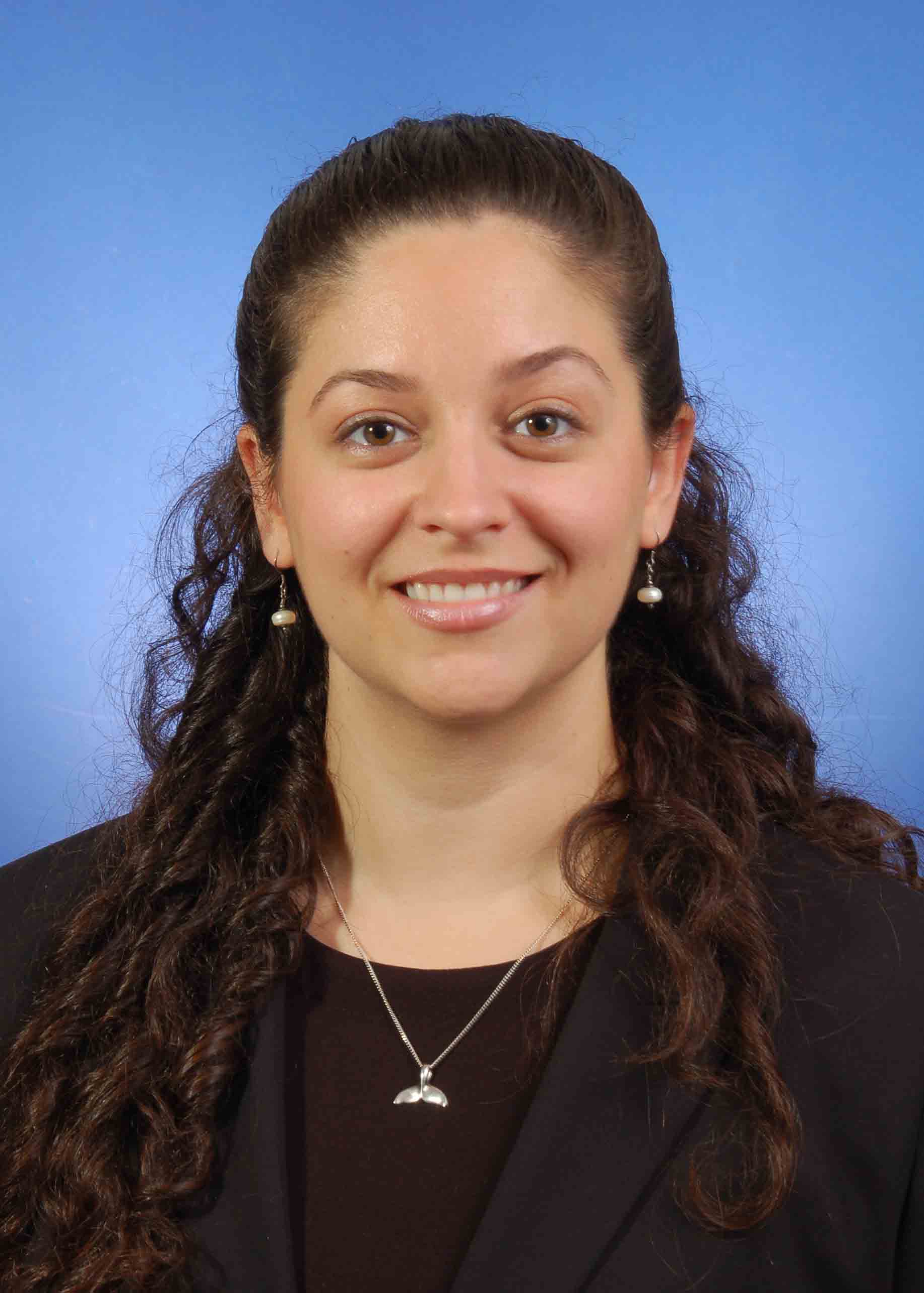 Julia Schiff
Julia SchiffPGEM Fellow 2025-2027
-
 Rana M. Barghout
Rana M. BarghoutWeill Cornell Medicine
Rana Barghout is a third-year medical student at Weill Cornell Medicine with an interest in emergency medicine, geriatrics, and health systems research. She graduated from Amherst College with a degree in neuroscience through the QuestBridge National Match program. During her time there, she conducted honors thesis research, led the first-generation student society, and delivered a TEDx Talk on breaking stereotypes and improving support for individuals experiencing homelessness.
Following graduation, Rana conducted translational research at Massachusetts General Hospital, studying the genetic and immunologic mechanisms underlying blood production and neutrophil function. At Weill Cornell, she has served on the Medical Student Executive Council and is involved in the Emergency Medicine Interest Group, Weill Cornell Community Clinic, and First Generation–Low Income Group. Her current research focuses on refusal of care, capacity assessment, and agitation management for older adults in the EMS setting, reflecting her passion for improving patient safety and emergency care for vulnerable populations.
-
 Patricia Hernández, MD
Patricia Hernández, MDMassachusetts General Hospital
Dr. Patricia Hernández is a third-year emergency medicine resident at the Harvard Affiliated Emergency Medicine Residency program at Massachusetts General Hospital and Brigham and Women's Hospital. She graduated magna cum laude from Princeton University, earning an A.B. in Molecular Biology with a certificate in Global Health Policy. Dr. Hernández then attended the University of Pennsylvania Perelman School of Medicine, obtaining her Doctor of Medicine degree in 2022.
Throughout her medical training, Dr. Hernández has demonstrated a strong commitment to medical education, ultrasound, critical care, and health equity. She is actively involved in teaching and mentoring medical students and residents, with a particular focus on integrating ultrasound techniques into emergency care. Her dedication to advancing health equity is evident through her involvement in initiatives aimed at addressing disparities in healthcare access and outcomes.
-
 Michael DiGaetano, MD
Michael DiGaetano, MDRutgers Robert Wood Johnson Medical School
Dr. DiGaetano is chief resident in emergency medicine at Rutgers Robert Wood Johnson University Hospital. He earned his medical degree from Rutgers Robert Wood Johnson Medical School.
Dr. DiGaetano has developed and implemented numerous educational initiatives, including simulation-based learning and escape room scenarios, to enhance resident and medical student training. His research interests focus on the cognitive-behavioral impact of standardized testing, the development of interpersonal communication skills, and the efficacy of simulation in medical education.
People List - Grid
-

-

-

-
 Nayef Chahin, MD
Nayef Chahin, MDAssociate Program Director, Intern Recruitment
Children's Hospital of Richmond at VCU
-

-
 Alyssa Tyransky, MTDA
Alyssa Tyransky, MTDAThe Ohio State University
-
---sara-engel.png?sfvrsn=469b46ce_4) Sara N. Engel, MBA, CAEMA
Sara N. Engel, MBA, CAEMAMedical College of Wisconsin
-
 Kashwayne Williams, MBA, MHA
Kashwayne Williams, MBA, MHAWashington University
-
 Cali Myers, MHA
Cali Myers, MHAUniversity of Alabama at Birmingham
-

-

-
 Julia Schiff
Julia SchiffPenn Global EM Fellowship
-
 Julia Schiff
Julia SchiffPenn Global EM Fellowship
-
 Julia Schiff
Julia SchiffFellow 2025-2027
-

-
 Julia Schiff
Julia SchiffPGEM Fellow 2025-2027
-
 Rana M. Barghout
Rana M. BarghoutWeill Cornell Medicine
-
 Patricia Hernández, MD
Patricia Hernández, MDMassachusetts General Hospital
-
 Michael DiGaetano, MD
Michael DiGaetano, MDRutgers Robert Wood Johnson Medical School
